Happy Friday! We just love this traditional Nigerian wedding photographed by Susan of Susan Shek Photography. There are tons of cultural aspects and lots to learn about the Igbo Nigerian culture as it pertains to weddings. The couple actually had two weddings, as is standard with many Nigerian weddings. The traditional ceremony, which we are highlighting today, took place in California, and the American ceremony took place in NY in September. Meet the couple…
Bride: Ndidi Oriji Groom: Vincent Southerland Wedding Website: NdidiandVincent Traditional Nigerian Wedding: July 2, 2011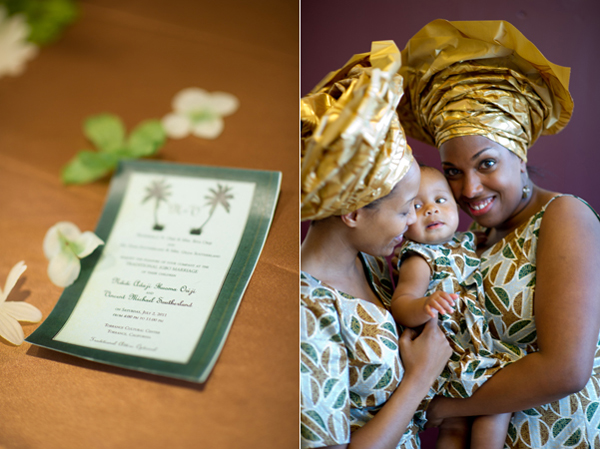
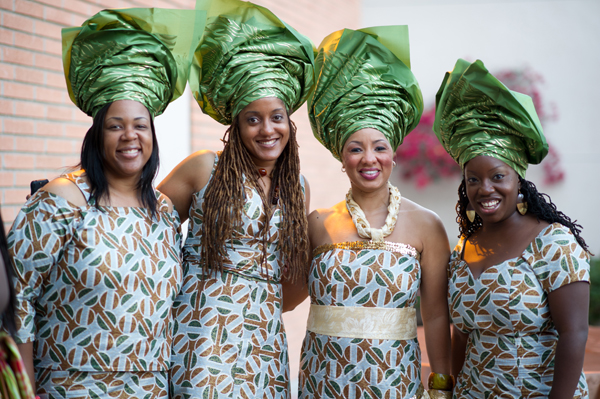
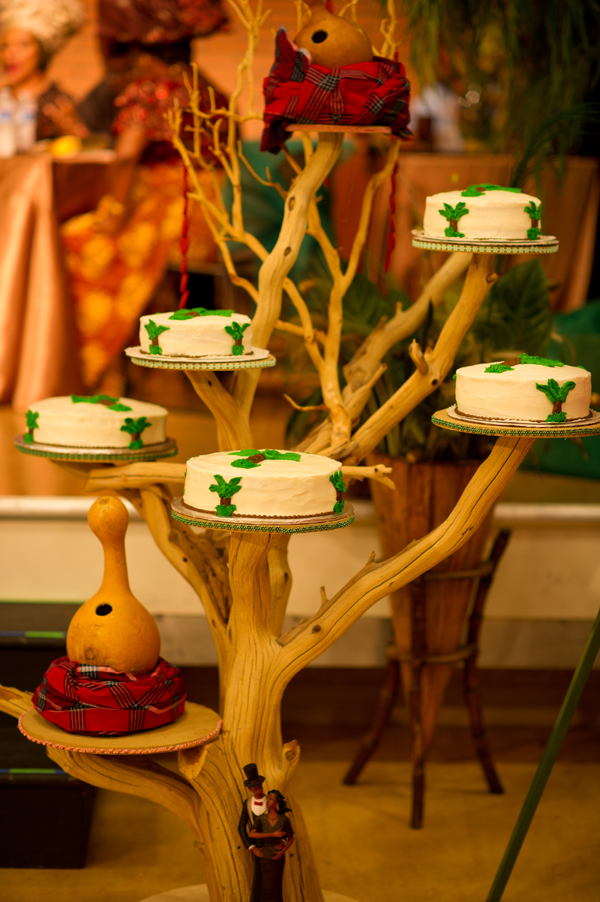
What part of Nigeria are you from? What tribe?
“I am from the South East of Nigeria. I am Ngwa, which is the largest sub-ethnic group of Igbo people in the South East.”
Explain some cultural aspects of marriage based on your tribe.
“The Igbo people have a tradition (Omenala Igbo) called Mgbede. Mgbede marks a young woman’s cultural rites of passage before her marriage (Iru Mgbede). Mgbede provides an opportunity for the young woman’s mother, her mother’s female friends and the married women of the community to educate, and familiarize her with the various responsibilities she will face as a married woman (Nwanyi alualu). In the old days she would be sequestered in a hut where she would be fed special foods and the other women would gather and offer her advice on various issues ranging from her relationship with her husband, family members and the larger village, to practical matters like cooking, farming and other tasks. Iru Mgbede was an important aspect of socialization of an Igbo woman because it reinforced essential elements of Igbo culture. Of course nowadays, these traditions are often tweaked as needed. Many of these traditions are now largely symbolic but many Igbo people in Nigeria and the diaspora still attach meaning to these symbols of our culture. So what we did was a combination of the Mbgede with some aspects of the actual Igbo marriage ceremony which involves lots of negotiation between the families on a bride price (which might include items like cloth, bags of rice, farming implements) and lots of ceremonial elements including certain rites that must be performed for the father of the bride and the men of the community and for the mother of the bride and the women of the community. Most of this was largely symbolic since for example my father isn’t actually a farmer and has no need for a machete (ha!) but for me it meant a lot to be able to have the same ceremony as my mother, grandmother, great-grandmother and likely great-great grandmother before her. My fiancé (now husband) Vincent is African-American and so all this was new to him but he was very supportive of my desire to celebrate my culture as part of our wedding ceremonies. It meant so much to me that Vincent and his family were open to and involved in the traditional Igbo marriage rituals. In my culture, marriage is really between two families, so for his family to participate so fully in the Igbo celebration and for our relationship to be acknowledged in front of the Nigerian community made it real for me in a way that nothing else could.”

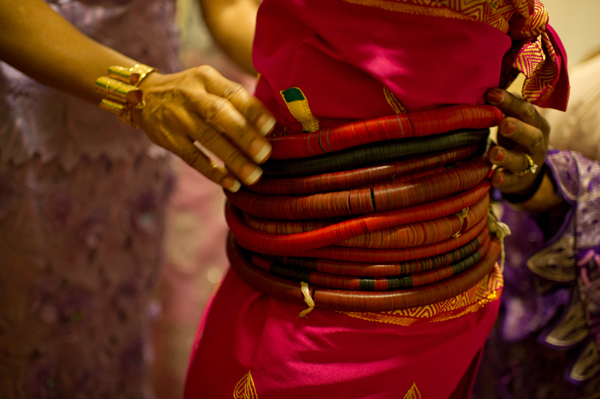
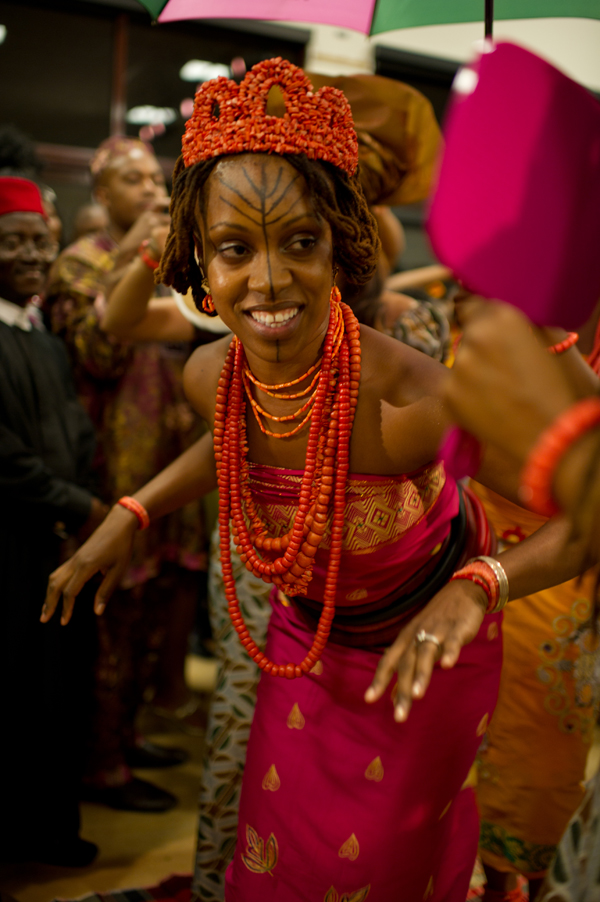
Describe your traditional attire.
“Most of the attire I wore was for decorative purposes. The first outfit that I wore when I came out to meet my in-laws and husband “for the first time” was basically two long pieces of cloth that were wrapped around me. The cloth is called “George” and is actually of Indian origin but popular in some West African cultures. My mother and her friends helped me get ready. There were symbols that were drawn on my face and arms. I believe in the past there were specific symbols that had special meanings but now, and in my case, the symbols were used decoratively. Once we were “married” after the various negotiations and ceremonies between our families, Vincent and I changed into a “uniform” – basically matching outfits that are made out of the same material signifying that we are now husband and wife in the eyes of my community.”
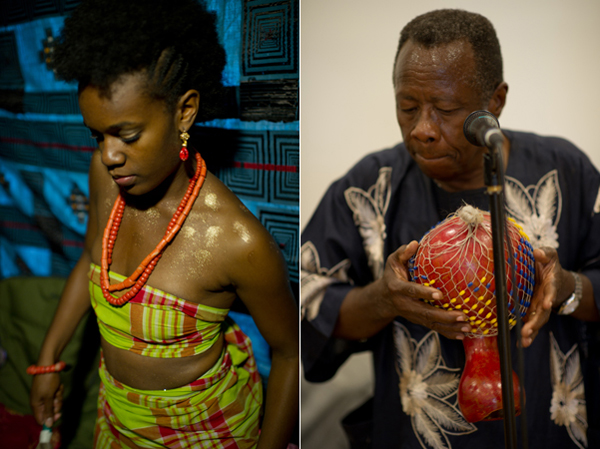
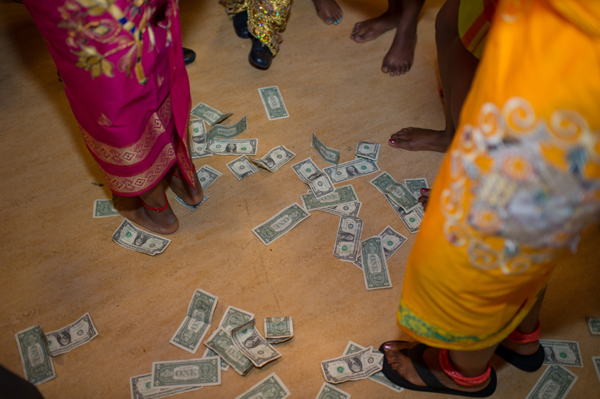
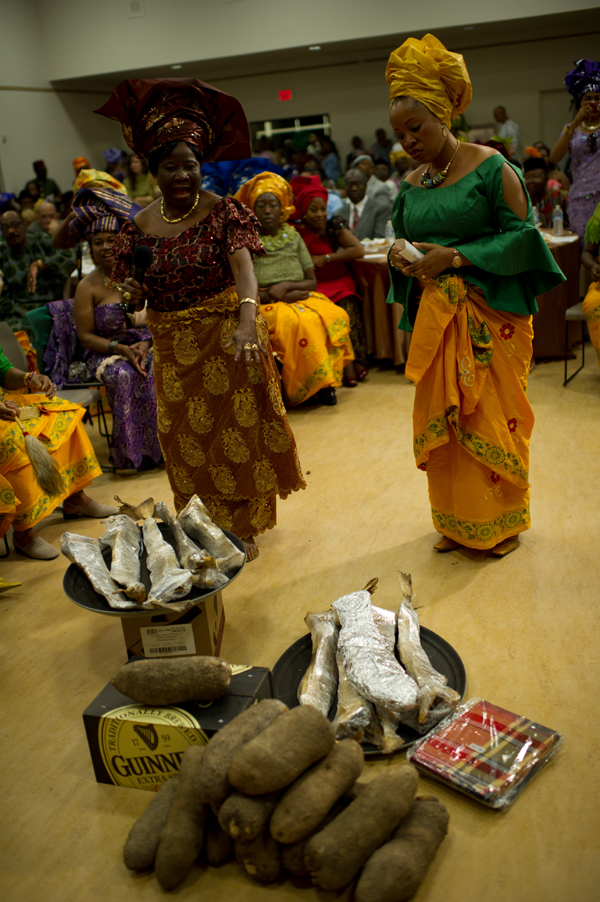
“As part of the marriage ceremony, once a young woman has gone through Iru Mgbede, she is then ready to be married. Her suitor must show that he is worthy of marrying her. Part of this is involves him showing that he is able to take care of a wife and any children they might have. Additionally, Ngwa people are known for being very traditional –even among Igbos and therefore making it particularly difficult for potential suitors to marry their daughters. There is a sense that “We are giving you our daughter!” and so you must jump through a lot of hoops to show us that you are worthy of her. The yams and drinks are part of the items that my husband and his family gave to my family and to the community. There are some items that are given just to show that you come in good faith like bottles of alcohol, food items, even beauty items like soap and lotion for the ladies. Then there are items that are specifically asked for a negotiated including cloth and even cash! It was quite funny trying to explain all this to my husband’s family and my American friends. I am definitely a feminist and some of the ideas behind our traditional wedding might appear out-dated to some but when seen in context and as part of our culture it is easy to see that all of these elements played a specific role in sealing the marriage, legitimizing the new family, and establishing the husband as a man who could care for a family in the eyes of the community. In the old days the entire traditional ceremony would be funded by the groom’s family, but of course now the couple often funds the traditional marriage together and they play a much bigger role in the planning and execution of it – so any perceived inequality is really just a surface reading of the tradition.” -Ndidi
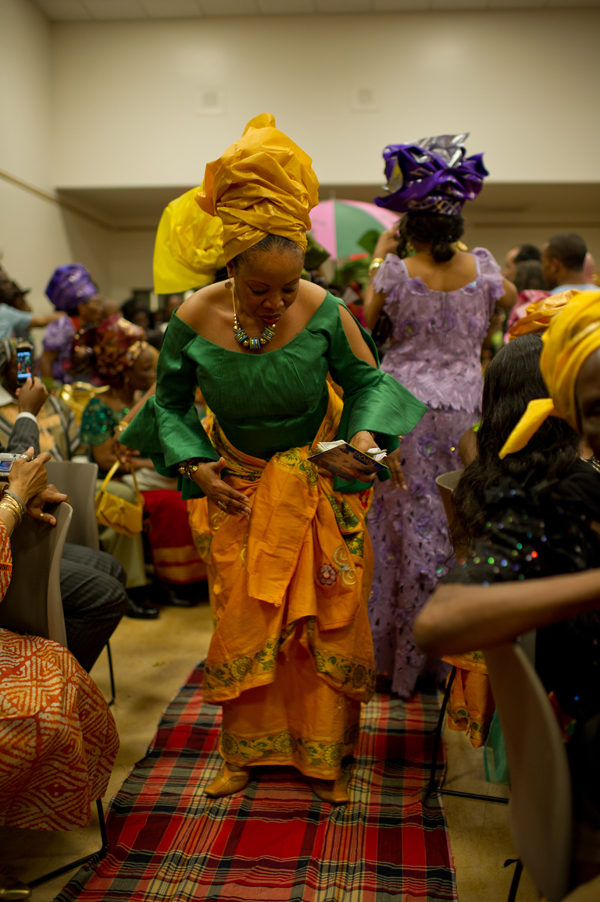

How did your husband handle the cultural aspects?
In his own words “The cultural aspects of our traditional Igbo ceremony, while entirely
different from anything I’d ever experienced, were fantastic. I had a great deal of help from Ndidi’s parents and family, as they taught me what steps needed to be taken, how to prepare for our ceremony and what was expected of me on our big day. Beyond learning the basics about the ceremony, much of what the ceremony symbolized-the union of two families and two communities in a lifelong bond-made it something that I was excited to be a part of and made me all the more willing to learn about. Overall, it was a wonderful experience.” –Vincent
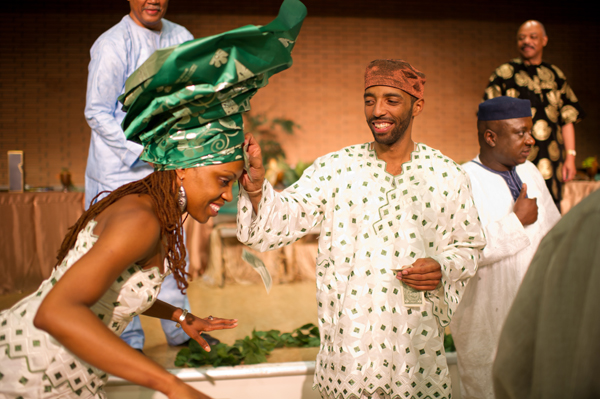

[divider]
Congrats Ndidi and Vincent on your recent wedding! We wish you two the best in marriage. For more wedding inspiration, please be sure to check out more of Susan’s work.
Click any thumbnail below to see the entire gallery.
[nggallery id=227]





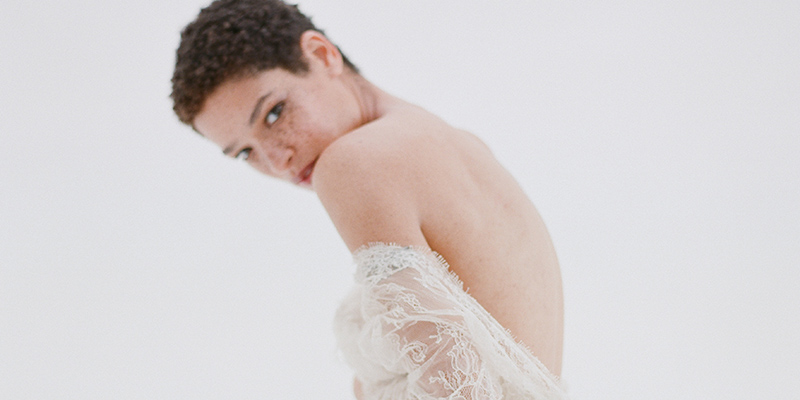
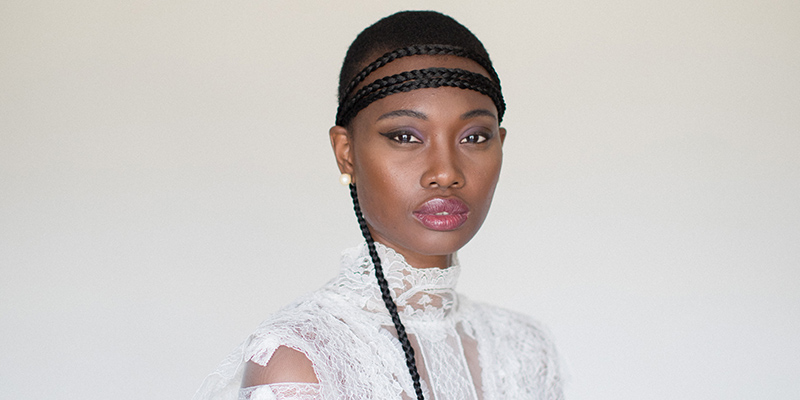
this is just beautiful
I love my Igbo culture… So full of symbolic meanings..
Wow! Such a beautiful wedding. I really can’t over how fabulous the clothes are.
And of course I digged the bride wearing an outfit that is made from Indian fabric.
Nice style with fashionable dress.
african george fabrics